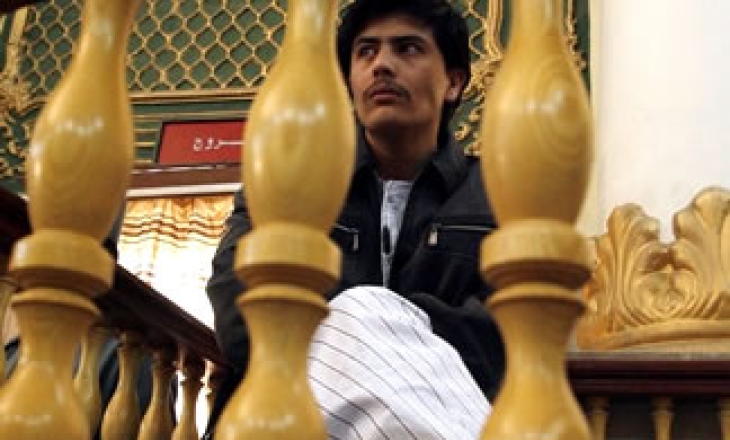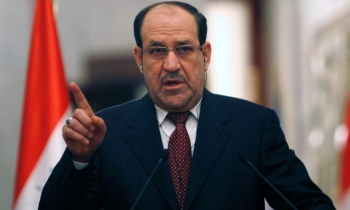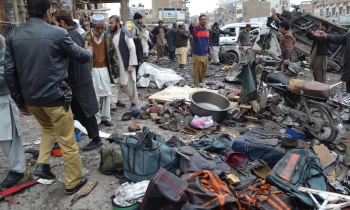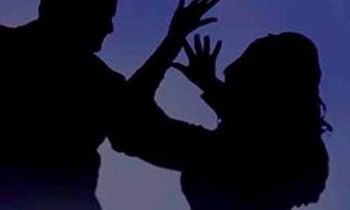Sayed Parvez Kambakhsh, the young Afghan journalist who was sentenced to death and then to 20 years in prison for downloading an article about the rights of women in Islam, was secretly pardoned and released several weeks ago and left the country for fear of reprisals.
Kambakhsh’s lawyer confirmed to Reporters Sans Frontières (RSF) on Monday that his client was released several weeks ago after President Hamid Karzai secretly signed a pardon.
“We hail Kambakhsh’s release with deep emotion,” RSF secretary-general Jean-François Julliard said. “After being held for nearly two years, he now needs to be able to rebuild his life. We pay tribute to all the free speech activists in Afghanistan and abroad who never stopped defending his innocence and pressing for his release.”
Julliard added, “This case will be remembered as miscarriage of justice marked by religious intolerance, police mistreatment and incompetence on the part of certain judges. The authorities must now ensure that article 130 of the Afghan constitution, defining blasphemy, is no longer used to bring politically-motivated charges and to suppress free expression.”
Many foreign governments had interceded with the Afghan authorities on behalf of Kambakhsh, while the London-based Independent newspaper gathered more than 100,000 signatures to a petition for his release. RSF also handed in a petition with several thousand names to a presidential adviser in Kabul.
A RSF delegation met Kambakhsh at a Kabul detention centre in February 2009.
“The combination of widespread public international advocacy and the pressure brought by genuinely concerned senior diplomatic officials was effective in winning Kambakhsh’s release,” said Bob Dietz, Committee to Protect Journalists (CPJ)'s Asia program coordinator.
“Kambakhsh’s release is a bright spot in Afghanistan’s increasingly repressive media atmosphere, where journalists are targeted from all sides—by combatants in the field, warlords, drug mafias, criminal gangs, as well as government officials with their own anti-media agenda.”
“It is difficult to appreciate what Parwez must have suffered when he found himself facing the death penalty for simply downloading a critical article,” said International Press Institute (IPI) Director David Dadge. “Both the judiciary and the Afghan government must realize that if they are to fully succeed in bringing democracy to the country they must acknowledge the right of journalists to seek, receive and impart information in accordance with the Universal Declaration of Human Rights.”
A 23-year-old journalism student at Balkh university and a reporter for the newspaper Jahan-e-Naw (“New World”), Kambakhsh was arrested in the northern city of Mazar-i-Sharif on October 27, 2007 on a charge of “blasphemy and distribution of texts defamatory of Islam.”
Under pressure from the Council of Mullahs and local officials, a Mazar-i-Sharif court sentenced him to death in a summary trial on January 22, 2008. Members of the security forces tortured him to obtain a confession. The sentence was commuted to 20 years in prison in October 2008.
Prosecutors said he showed contempt for Islam by asking questions about women's rights and for distributing an article he had taken off the Internet that asks why Islam does not modernize to give women equal rights. He also allegedly wrote his own comments on copies of the article.










